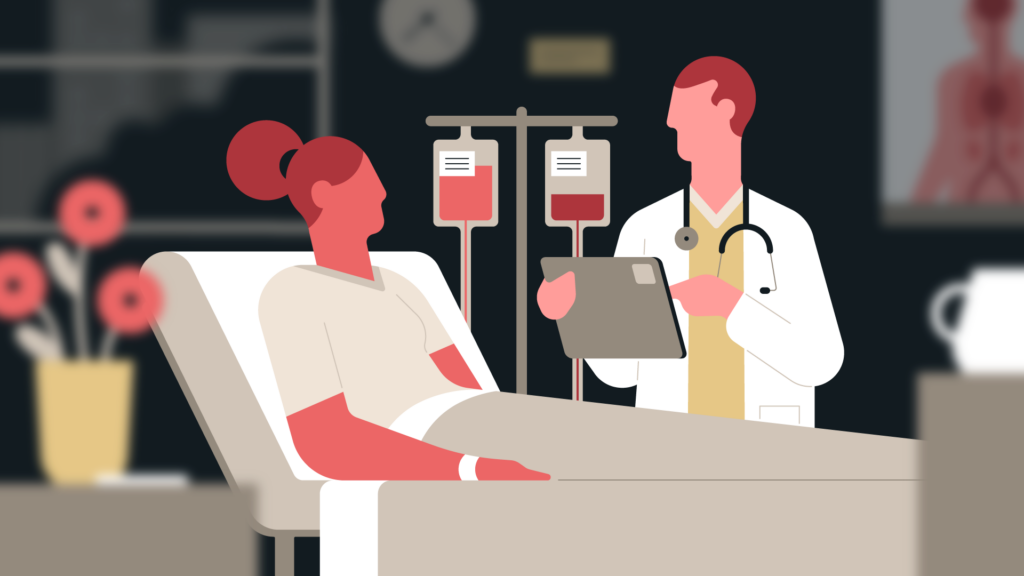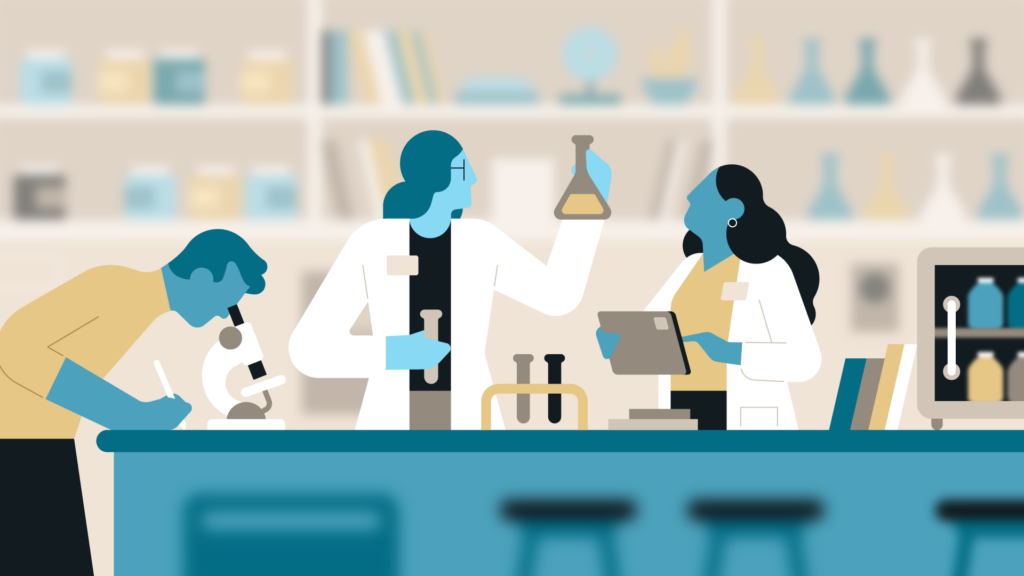
i4MDS consortium
Overview
The role of the immune system in the pathophysiology of myelodysplastic neoplasms (MDS) is firmly established. However, routine immune monitoring for these patients is still not a common practice.
Furthermore, a universally accepted protocol for which immune components should be monitored, including validated flow cytometry panels, is yet to be agreed upon.
To address these gaps, the MDS Immune Monitoring Meeting was convened in London, UK, on February 10-11, 2022. The meeting was led by:
- Antonio Medina de Almeida, the President of EHA
- Uwe Platzbecker EHA MDS SWG Chair
- Lionel Ades EHA MDS SWG Deputy Chair
- Shahram Kordasti from King’s College London, who also serves as an executive board member of the EHA MDS SWG
The International Integrative Innovative Immunology for MDS (i4MDS) initiative was formed following a unanimous decision during this meeting. i4MDS is a consortium aimed at advancing MDS treatment and understanding.
With the backing of the EHA MDS SWG, the i4MDS Consortium will closely collaborate to devise proposals for immune monitoring at the clinical level for MDS patients. It will also work towards implementing validated immune signatures in MDS risk stratification.
The involvement of international experts and clinicians will foster a deeper understanding of the mechanisms underlying MDS. This, in turn, will aid in creating targeted interventions and expediting drug development.
Objectives
- Devise and recommend immune panels, including flow cytometry panels and cytokine assays, for routine immune monitoring of MDS patients.
- Unite in identifying immune signatures which could potentially predict responses to MDS therapy.
- Host an annual conference on MDS immunology to share new findings and exchange ideas.
- Develop a database for clinically relevant immune data from MDS patients, accessible to all members for validation and research purposes.
- Support members in conducting research within the field of MDS immunology.
Participants and tasks
The consortium is led by Dr Shahram Kordasti, representing the MDS SWG.
Other management team members include Uwe Platzbecker, Lionel Ades, and Antonio Medina de Almeida, the EHA President.
Currently, 27 centers from 10 countries in Europe and the United States active participate in the consortium.
- Denmark: Rigshospitalet, University of Copenhagen
- France: Hôpital Saint-Louis, Institut Hospitalo-Universitaire de la Leucémie Paris Saint-Louis, Université Paris Cité, Paris, France and Hôpital Cochin, Institut Hospitalo-Universitaire de la Leucémie Paris Saint-Louis, Université Paris Cité, Paris, France
- Germany: Leipzig University Hospital, MLL, University Hospital Dresden
- Italy: Humanitas Cancer Center, University of Florence, RCCS Humanitas Research Hospital
- Netherlands: Amsterdam UMC
- Norway: Haukeland University Hospital
- Portugal: Hospital da Luz Lisboa
- Spain: Vall d’Hebron
- United Kingdom: The Francis Crick Institute, University of Birmingham / University Hospitals Birmingham, Leeds Teaching Hospitals NHS, Guy’s and St Thomas’ Hospital NHS Foundation, University Hospital of Wales, King’s College London, King’s College Hospital, The Christie NHS Foundation Trust
- United States: Vanderbilt University, MD Anderson Cancer Center, Moffitt Cancer Center, National Institutes of Health, University of Colorado
Working groups
i4MDS consists of several working groups. Such cooperative endeavors may reveal fresh insights and ground-breaking solutions that would be unattainable within a solitary research paradigm.
To find out more about these groups and their specific responsibilities, visit the pages below.

